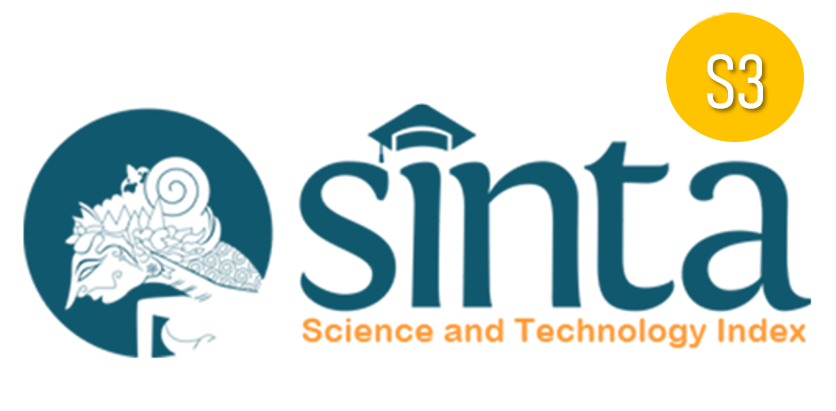Implementation of Work Immersion and Its Effects on the Social Development of Senior High School Graduates
Abstract
The study was performed to determine the actual implementation of the work immersion in Sultan Kudarat State University Laboratory High School and assessed its help in the social development of Senior High School graduates. The respondents are SHS graduates of the academic year 2018, 2019, and 2020. The result of the effectiveness of work immersion on the social development of senior high school graduates is perceived as highly effective in terms of leadership skills, self-efficacy, and communication skills. Based on the analyzed result, the purpose of this study was a correlation and relationship between work immersion and its effects on the social development of graduates. The result also showed that the respondents did not encounter negative issues or concerns about its implementation.
Keywords
Full Text:
PDFReferences
Alcantara, J. C. (2019). Perception of senior high school sports track students toward their work immersion. International Journal of Science and Research (IJSR), 6(2), 45-55.
Baker, S. C., and MacIntyre, P. D. (2000). The role of gender and immersion in communication and second language orientations. Language Learning, 50(2), 311-341.
Deng, W., Pi, Z., Lei, W., Zhou, Q., and Zhang, W. (2020). Pencil code improves learners' computational thinking and computer learning attitude. Computer Applications in Engineering Education, 28(1), 90-104.
Dorahy, M. J., McKendry, H., Scott, A., Yogeeswaran, K., Martens, A., and Hanna, D. (2017). Reactive dissociative experiences in response to acute increases in shame feelings. Behaviour Research and Therapy, 89, 75-85.
Jin, S. (2023). Unleashing the potential of social media: Enhancing intercultural communication skills in the hospitality and tourism context. Sustainability, 15(14), 10840.
Lovelace, K. J., Manz, C. C., and Alves, J. C. (2007). Work stress and leadership development: The role of self-leadership, shared leadership, physical fitness and flow in managing demands and increasing job control. Human resource management review, 17(4), 374 - 387.
Nghia, T. L. H. (2017). Developing generic skills for students via extra-curricular activities in Vietnamese universities: Practices and influential factors. Journal of teaching and Learning forGraduate Employability, 8(1), 22-39.
Rafi, A., Samsudin, K. A., and Said, C. S. (2008). Training in spatial visualization: The effects of trainingmethod and gender.Journal of Educational Technology and Society, 13(3), 127- 140.
Robinson, E. L. (2018). Immersion learning in social work education: A pedagogical tool for enriching knowledge and practice skills among BSW students. Journal of Teaching in Social Work, 38(5), 536-550.
Urban, M., Vandenbroeck, M., Van Laere, K., Lazzari, A., and Peeters, J. (2012). Towards competent systems in early childhood education and care. Implications for policy and practice. European Journal of Education, 47(4), 508-526.
DOI: https://doi.org/10.17509/ijert.v3i3.50086
Refbacks
- There are currently no refbacks.
Copyright (c) 2022 Universitas Pendidikan Indonesia (UPI)

This work is licensed under a Creative Commons Attribution-ShareAlike 4.0 International License.







.png)




